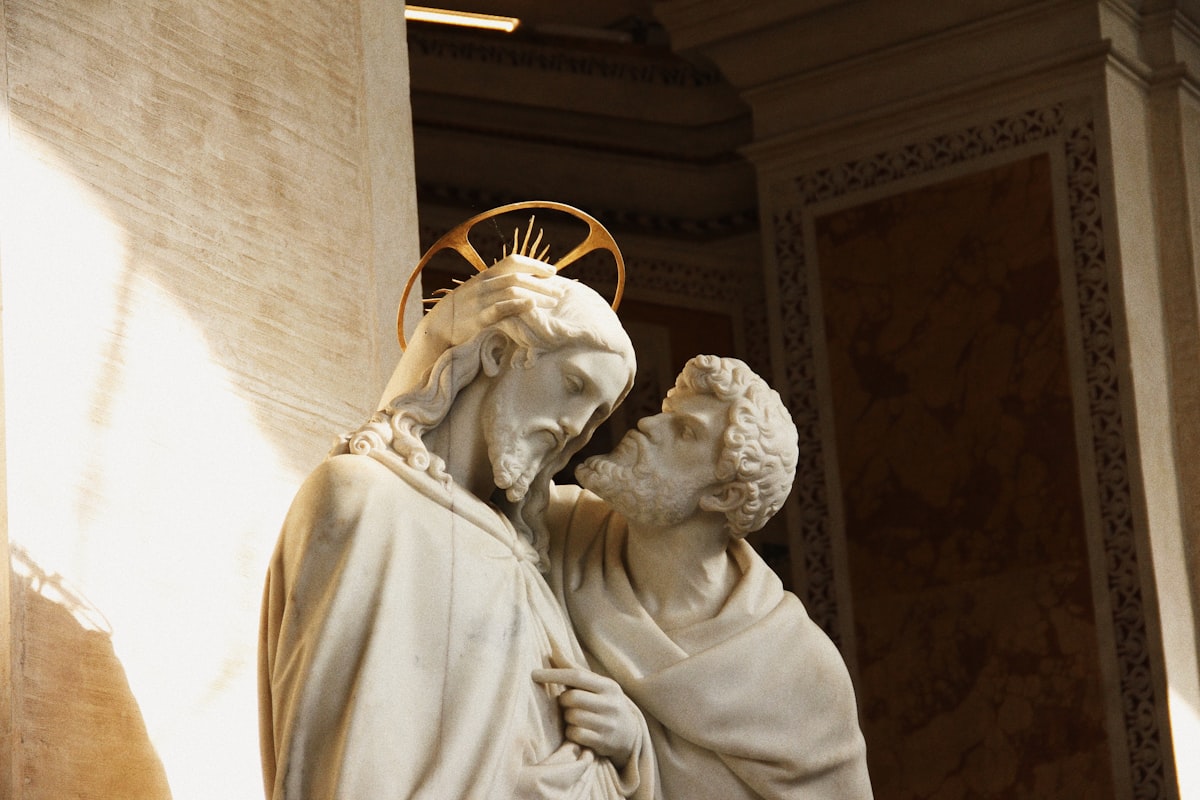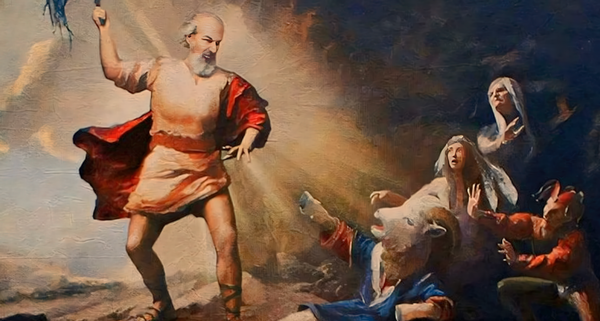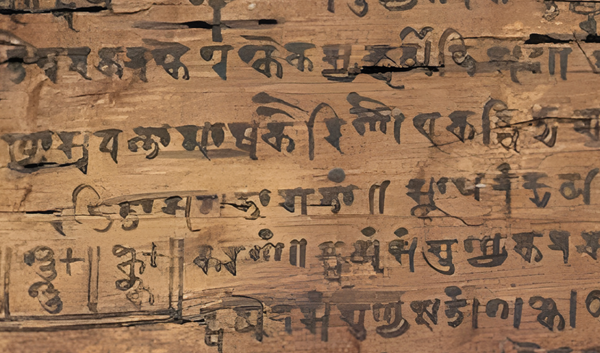The Gospel of Judas

This week in Washington D.C., National Geographic released the The Gospel of Judas to the public. It has been translated from the original Coptic. This is an exciting time for Biblical archeologists and a troubling time for the orthodoxy because of the contents for the new gospel.
From the website:
The Gospel of Judas, however, gives a very different account. The text begins by announcing that it is the "secret account of the revelation that Jesus spoke in conversation with Judas Iscariot during a week, three days before he celebrated Passover."
It goes on to describe Judas as Jesus' closest friend, someone who understands Christ's true message and is singled out for special status among Jesus' disciples. In the key passage Jesus tells Judas, "'you will exceed all of them. For you will sacrifice the man that clothes me.'"
I would not count myself among the orthodoxy but it would certainly change the reading of one of my favorite books, Dante's Divine Comedy. Like many of the other Gnostic texts that have been discovered over the last 100 years, there is something truly amazing about these finds. It makes you stop and evaluate why you believe what you believe. For example, the ridiculous claim that the Earth is around 6,000 years old. You can't find that in the Bible anywhere because someone made it up (James Ussher) and it has now become a central Christian dogma - a distortion of the book of Genesis. If you haven't read the story of how this odd calculation came about, I urge you to read it. Stephen Jay Gould has an excellent article called, Fall in the House of Ussher.
Another odd historical fact is that many Christians believe that what is in the Bible came directly from God and should be interpreted literally. What a bizarre claim since the New Testament as we know it today was not "canonized" until 397 AD by a few powerful bishops at an event called the First Council of Nicaea Council of Laodicea. The original Apocrypha was edited, revised, and entire books removed for various reasons. So, the Bible we have today exists because some Catholic church leaders voted up or down on books or sections that were too controversial. I guess God needed to keep the people from uprising. The funny thing is that not until the invention of the printing press more than 1000 years later, in 1455, would normal people even be able to read the Bible.
Based on the past, I think it's fair to give this new discovery an objective look. It especially interesting that books like this and Gospel of Thomas were a few of the entire books cut from the final Canon.
There is a great article on the Canonization of the Bible by Larry A. Taylor, here. Also, don't miss the upcoming documentary about the discovery.




